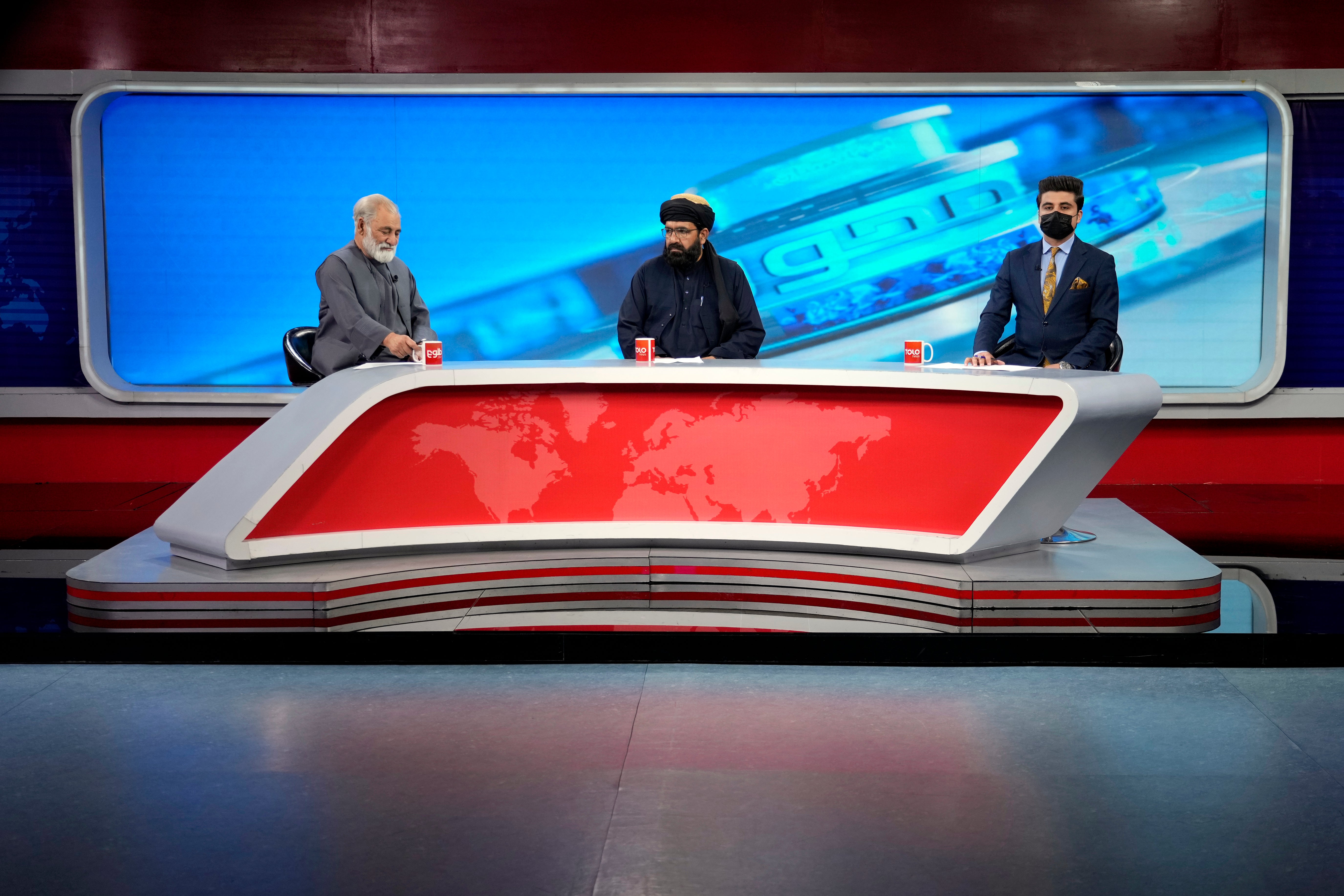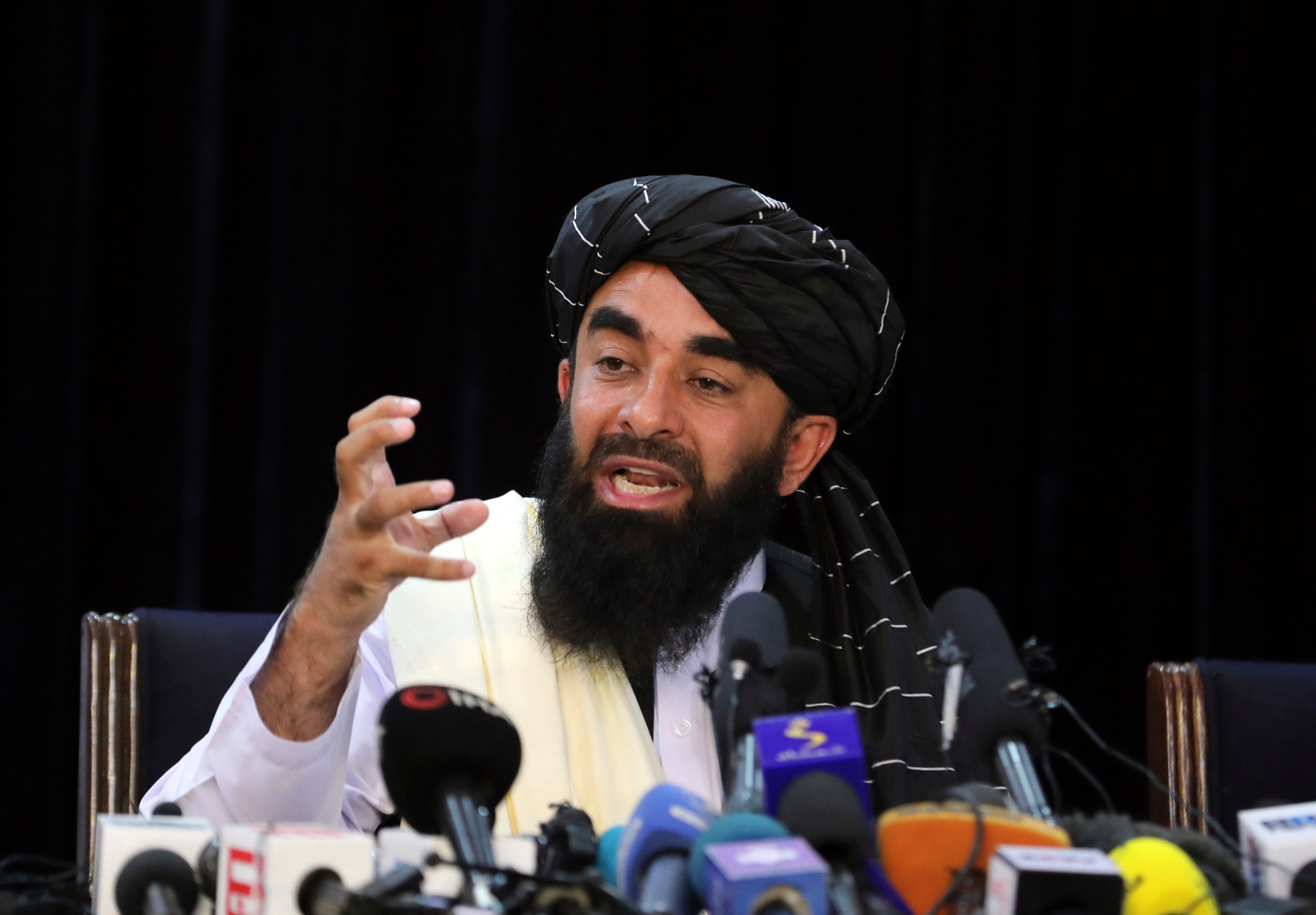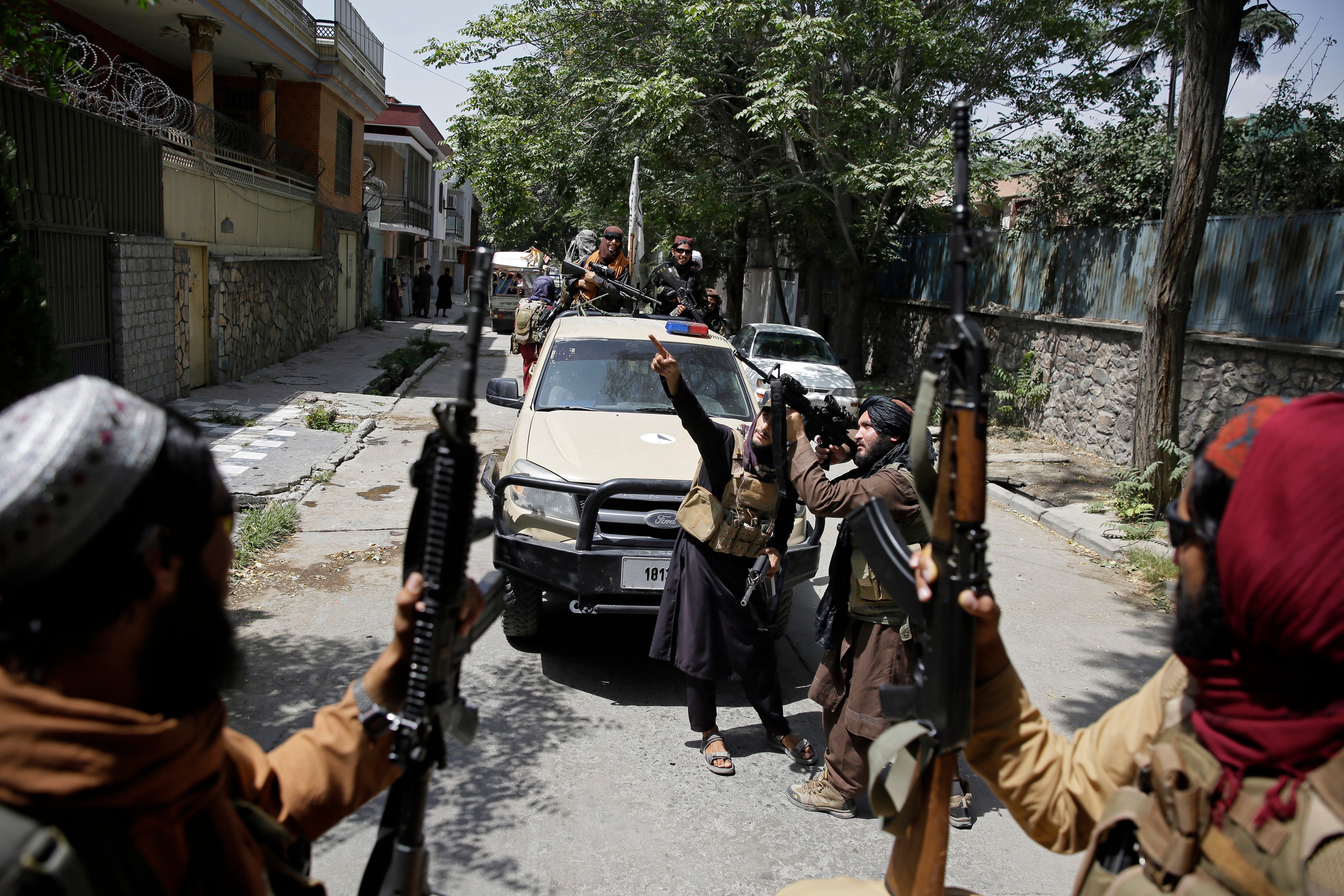Taliban media forced to stop showing images of ‘living beings’ under strict new laws
Article 17 bans the publication of images of living beings - people or animals

Parts of the Taliban media have stopped showing images of living beings under bizarre new rules.
The strict orders have been enforced in some Afghan provinces to comply with morality laws, an official said.
In August Afghanistan’s Taliban rulers issued a ban on women’s voices and bare faces in public under laws approved by the supreme leader in efforts to combat ‘vice and promote virtue’.
They were issued after being approved by supreme leader Hibatullah Akhundzada. The Taliban had set up a ministry for the “propagation of virtue and the prevention of vice” after seizing power in 2021.
The laws regulated aspects of everyday life like public transportation, shaving, the media and celebrations reflecting authorities' interpretation of Islamic law, or Sharia.
Article 17 bans the publication of images of living beings, sparking concerns about the consequences for Afghan media and press freedom.

A spokesman for the Vice and Virtue Ministry, Saif ul Islam Khyber, said government media in the provinces of Takhar, Maidan Wardak and Kandahar have been advised not to air or show images of anything with a soul — meaning people and animals.
Khyber told The Associated Press a day earlier that the ministry was responsible for implementing the morality laws.
He did not clarify if the rules affected all media, including foreign outlets, or only Afghan channels and websites.
Nor did he say how the laws would be enforced or if there was a deadline for compliance.

Article 19 bans the playing of music, the transportation of solo female travelers, and the mixing of men and women who are not related to each other. The law also obliges passengers and drivers to perform prayers at designated times.
A UN report has claimed the ministry was contributing to a climate of fear and intimidation among Afghans through edicts and the methods used to enforce them.
It said the ministry’s role was expanding into other areas of public life, including media monitoring and eradicating drug addiction.
“Given the multiple issues outlined in the report, the position expressed by the de facto authorities that this oversight will be increasing and expanding gives cause for significant concern for all Afghans, especially women and girls,” said Fiona Frazer, the head of the human rights service at the U.N. mission in Afghanistan.
No other Muslim-majority country imposes similar restrictions, including Iran and Saudi Arabia. During their previous rule in the late 1990s, the Taliban banned most television, radio and newspapers altogether.
Bookmark popover
Removed from bookmarks